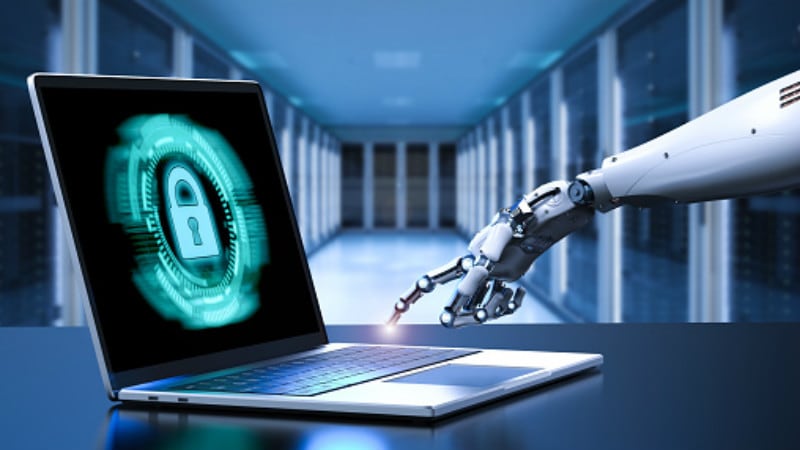With the rise of AI in food and beverage sector over the years, there have been heated debates over the wisdom of handing over too much control in the name of automation.
One of the most advanced markets in terms of technological advances over the past decade is undoubtedly China, with technology and AI being implemented in many facets of the food value chain from production to processing to retail and e-commerce – but even here, these concerns are still present.
According to industry expert British Standards International (BSI) Global Food and Retail Managing Director Todd Redwood, there is a need to ensure that AI can enhance human roles in the supply chain.
“Over the past 20 years, we have seen the unmistakeable progress of AI, especially looking at the five major areas of recognition which are handwriting recognition, speech recognition, image recognition, reading comprehension and language understanding,” Redwood told the floor at the recent Food and Beverage Innovation Forum (FBIF) in Shenzhen, China.
“About 20 years ago, test scores showed that AI performance was considered lower and less capable than human performance – but today, this has changed and in several ways AI performed even better than humans.
“This shows that AI is likely to continue being a part of many industries including food and beverage, especially in areas such as marketing and market research where many food companies are already actively using this technology to gather data and make decisions.”
That said, he stressed that there are three major areas of consideration where caution is particularly needed in order to get the best results from AI implementation.
“The most important one that most people are worried about is bias and discrimination, which comes in at the point of training the AI algorithm,’ he added.
“The performance of the AI comes from what it is trained to do, especially given the rapid evolution of the technology – and here, data is king and what firms need to do when using AI is to ensure that the right data is given to the algorithm when training, so it learns to do the right thing.
“Another area of concern has been the privacy and security aspect with many people envisioning data breaches and personal information being leaked – this comes back to the security measures in place at each firm, and is very important given that every [food firm] will carry customer and consumer data, and AI will be gathering even more of this.
“The last consideration that tends to be mentioned a lot is how an AI-led world would impact people’s lives, whether it will be used for good, or able to provide emphathy when needed -but humans will naturally [be the most humane so] when people ask me whether AI will replace human jobs, here I do say yes and no as some areas that lead to a lot of exhaustion can be replaced, but in more areas it is much more likely that if managed well AI can enhance human jobs rather than replace them.”
AI in food and beverage
At this point in time, Redwood believes that AI’s most prolific role in the food and beverage industry is in market research, marketing and advertising.
“We know that Coca-Cola is using AI for social media scanning to pick out both their own and competitor’s products trending online, and use this information to target product innovation,” he said.
“They have also introduced intelligent vending machines in markets such as Japan which come with a loyalty scheme that also serves to acquire data on consumer preferences and purchases that can be used to train the algorithm.
“So it is clear that AI has that major role and potential in market research and advertising, where it can really make the whole process and decision making not just cheaper but also faster and less laborious.
“Such is the faith in this technology that now Nestle has mandated all marketing programmes be scanned by its internal AI before anything is released, in order to ensure that it can hit the necessary ROI – which comes back to it being not only cheaper but more efficient from a financial point of view.”i
Other major areas where AI is being used in food and beverage production include product innovation, supply chain management, as well as facility design and tests for clients via the digital twin concept.


